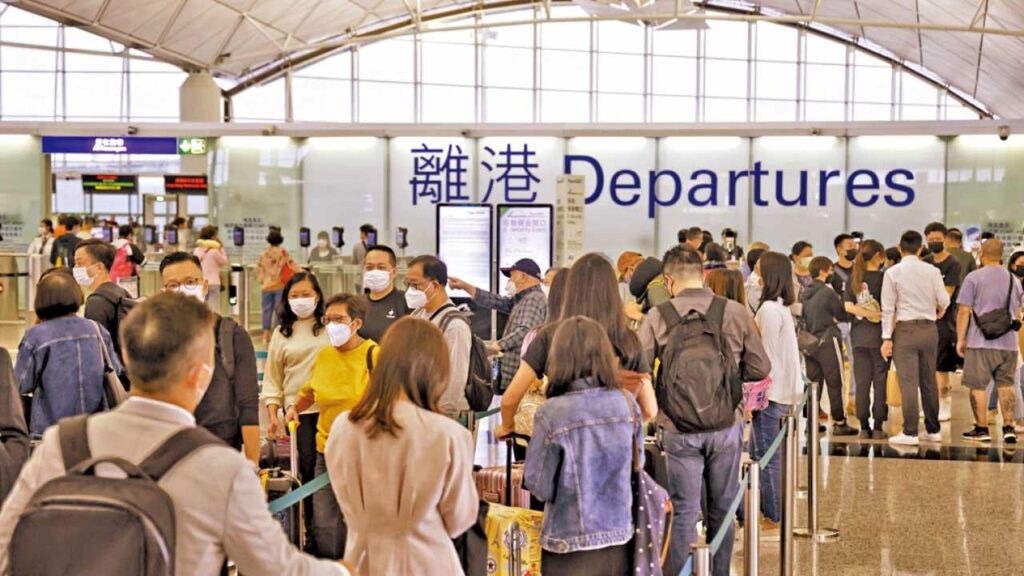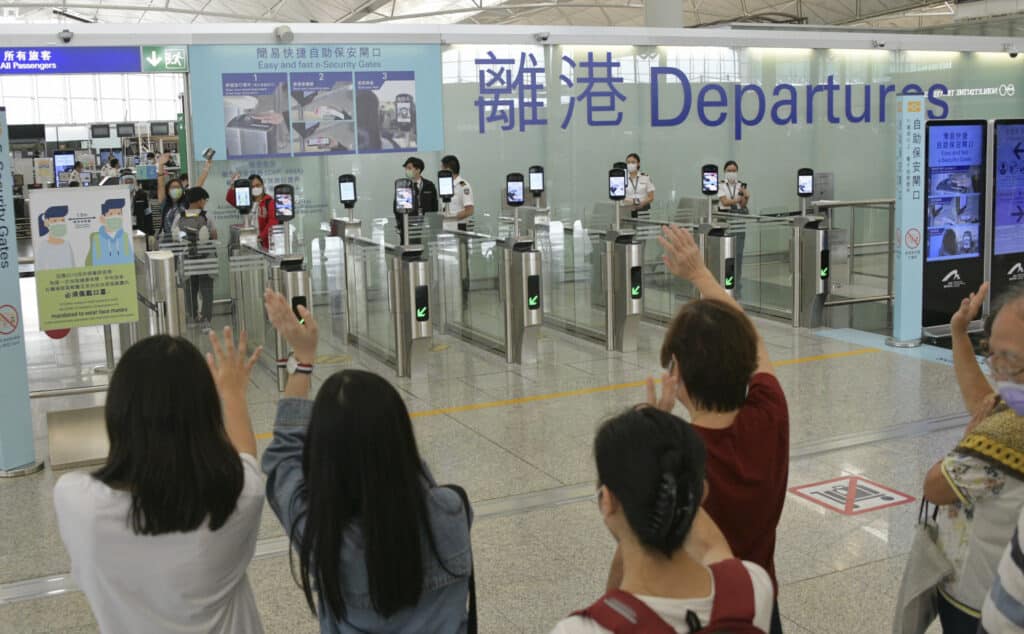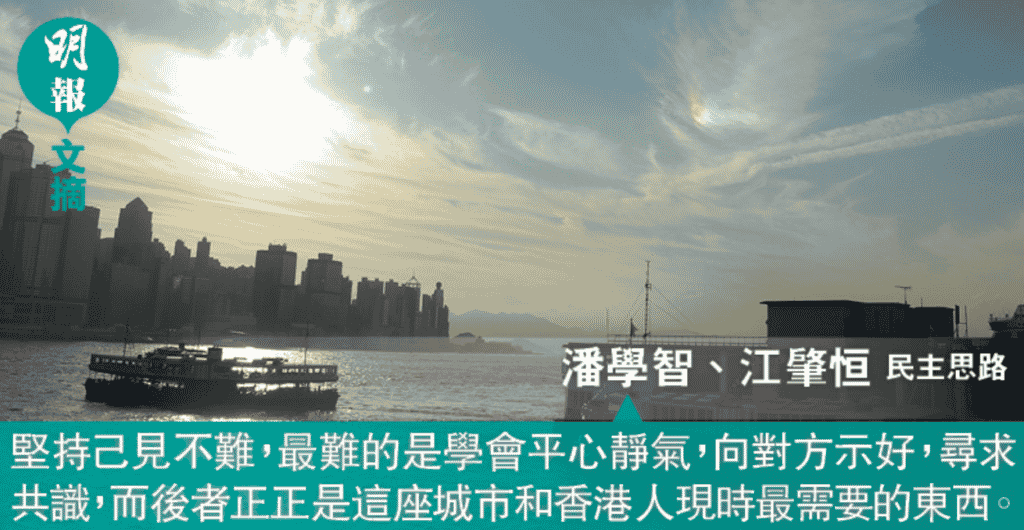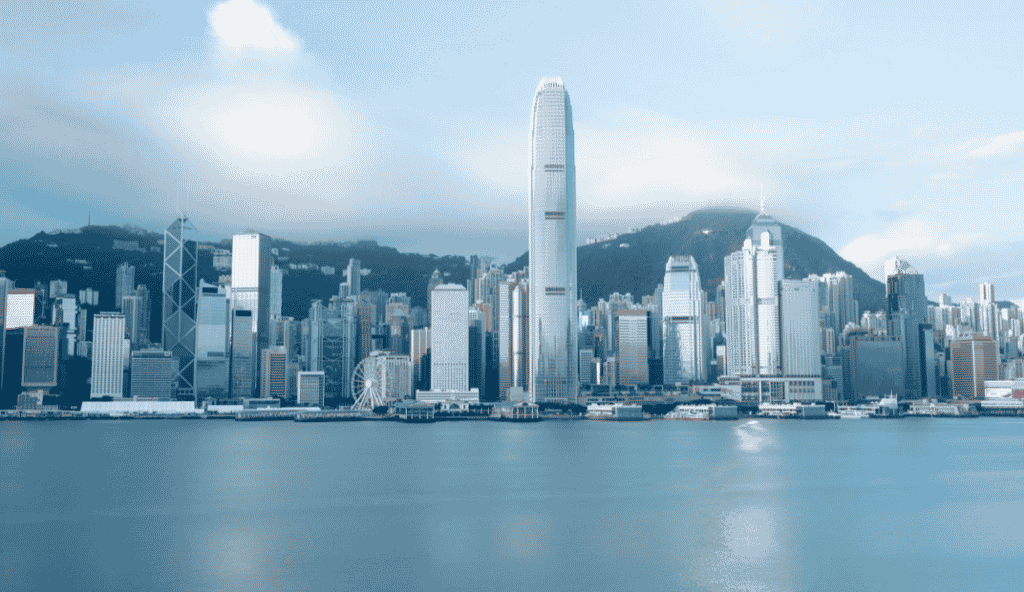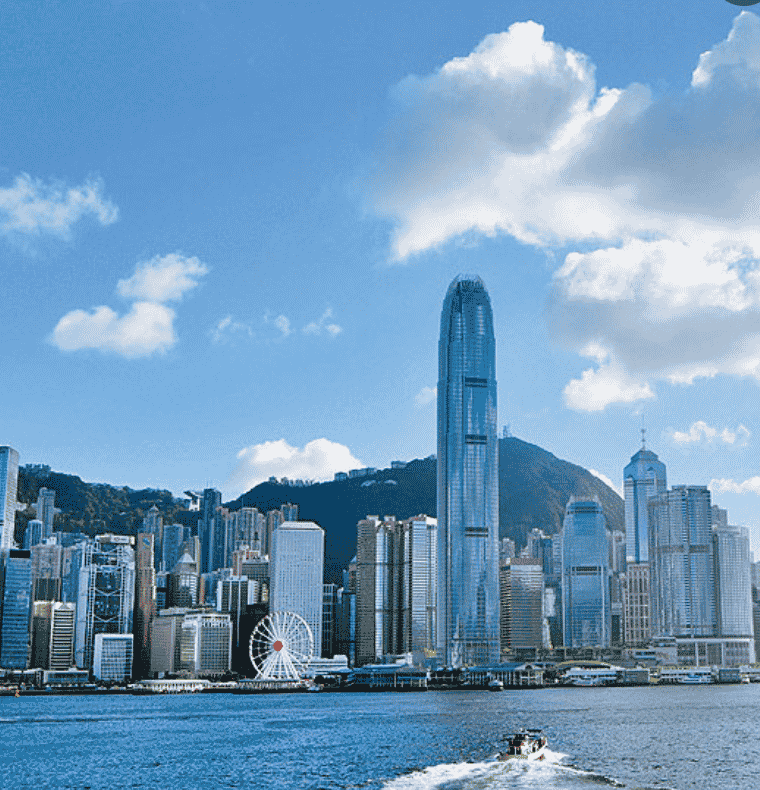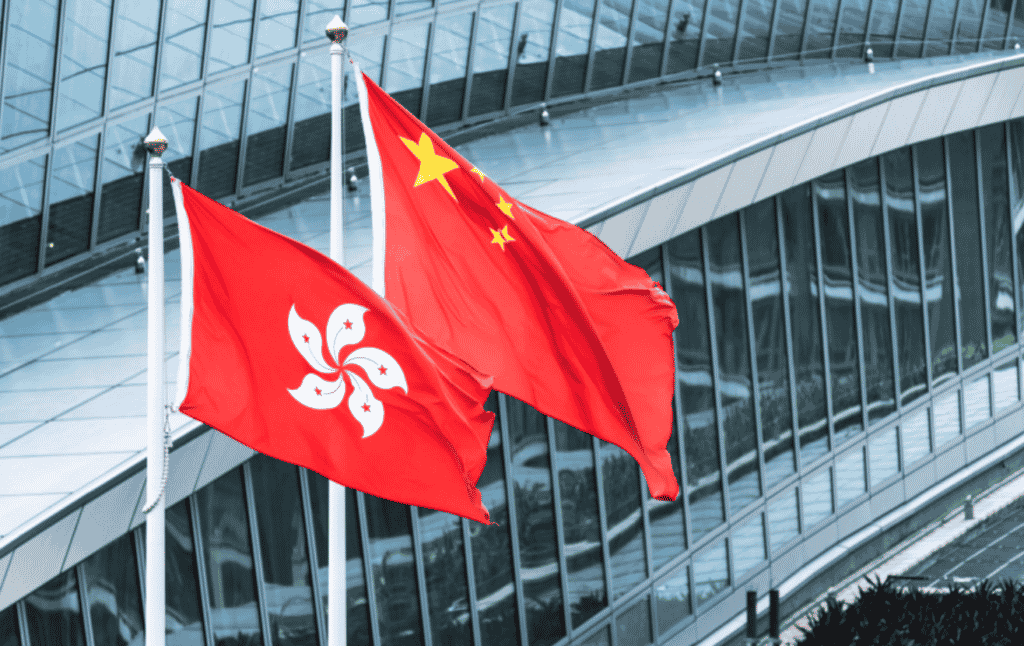Soft propaganda is better than hard slogans, allowing Hong Kong to tell China's story well
Western mainstream media's singular narrative distorts China's image into a stereotype confined to ideological confrontation, leading to widespread misunderstandings among foreign audiences. Rapidly shifting global geopolitical dynamics exacerbate the difficulties faced by China in exporting and disseminating its culture. According to statistics from the Global Times (Note), negative coverage of China in eight major Western countries outnumbers positive coverage by 2.7 times. This overwhelming negative public opinion, combined with social media algorithms, creates a complex information cocoon that continues to marginalize China's voice abroad.

